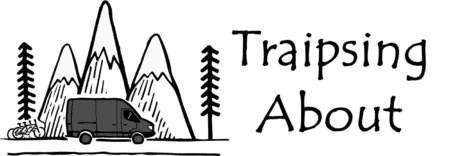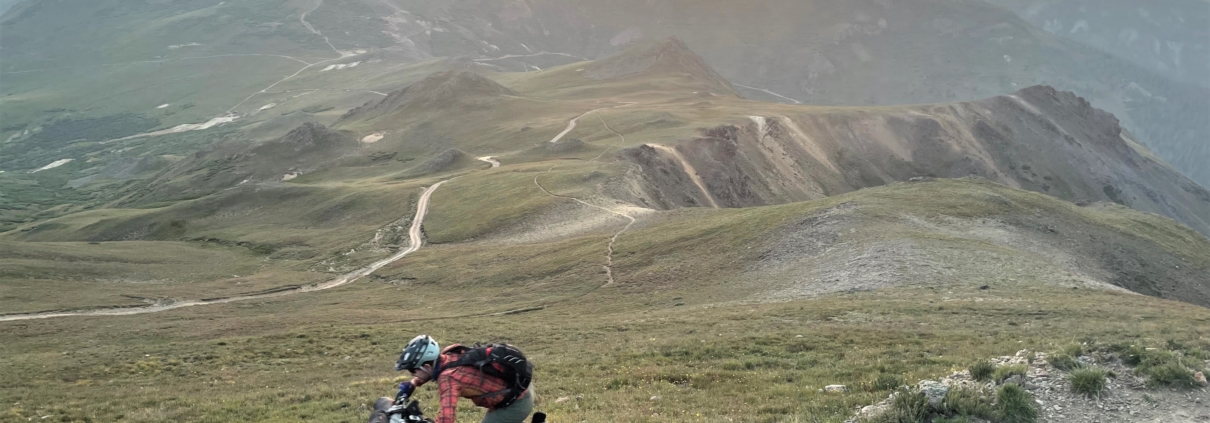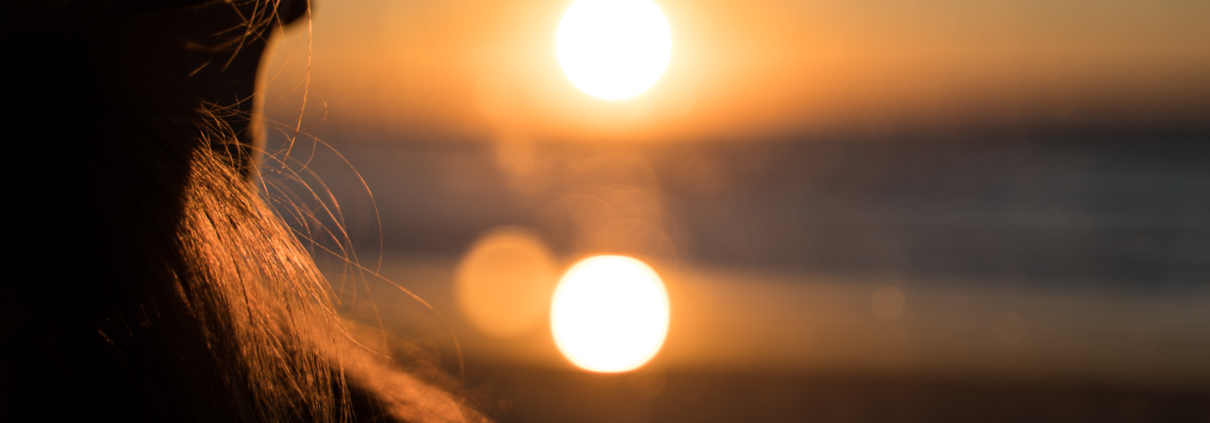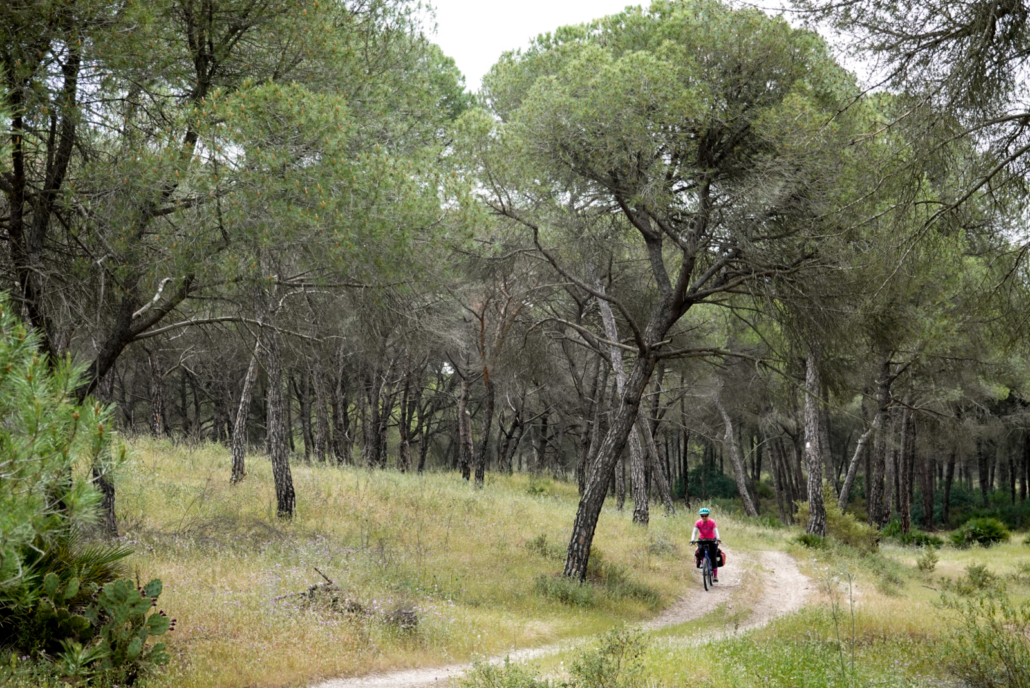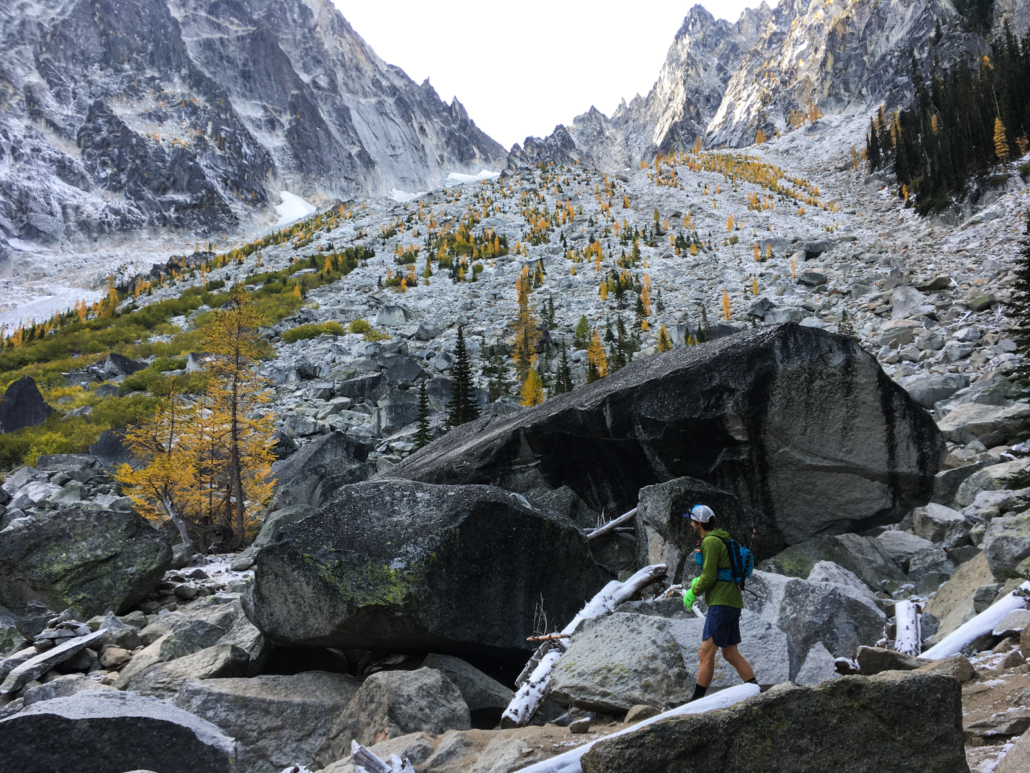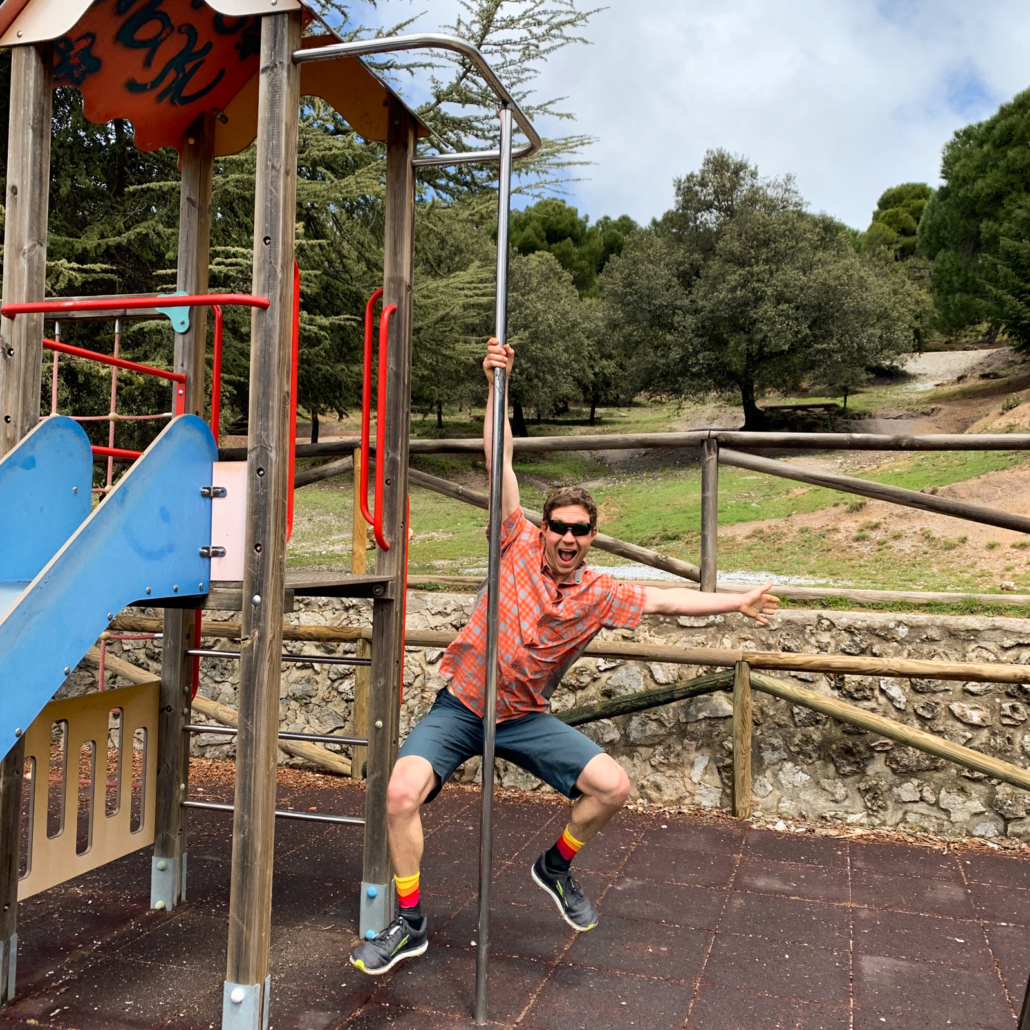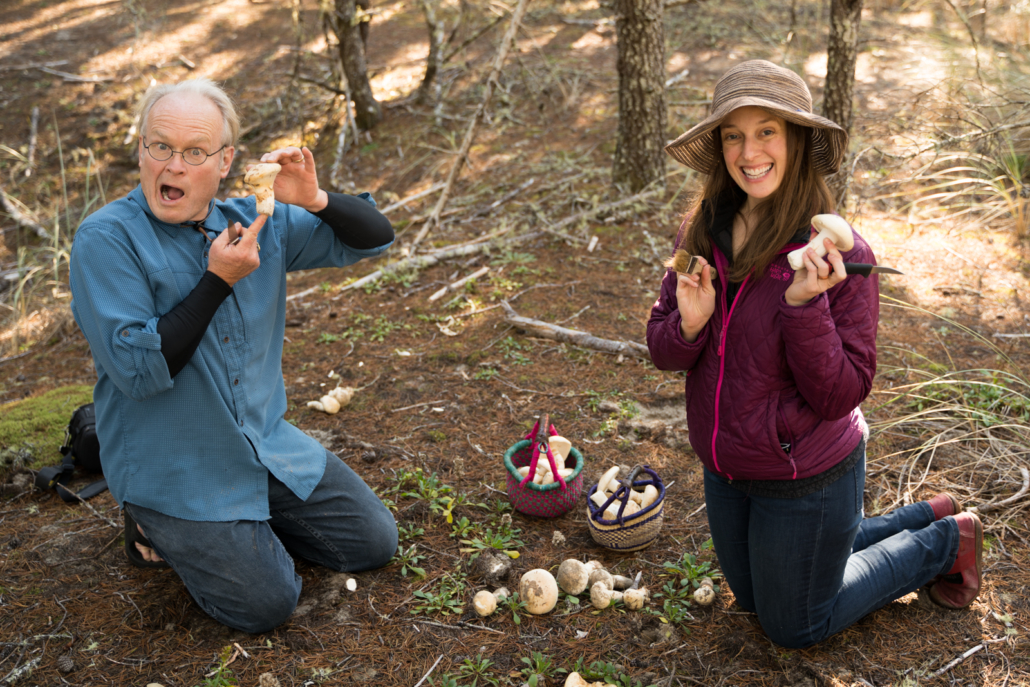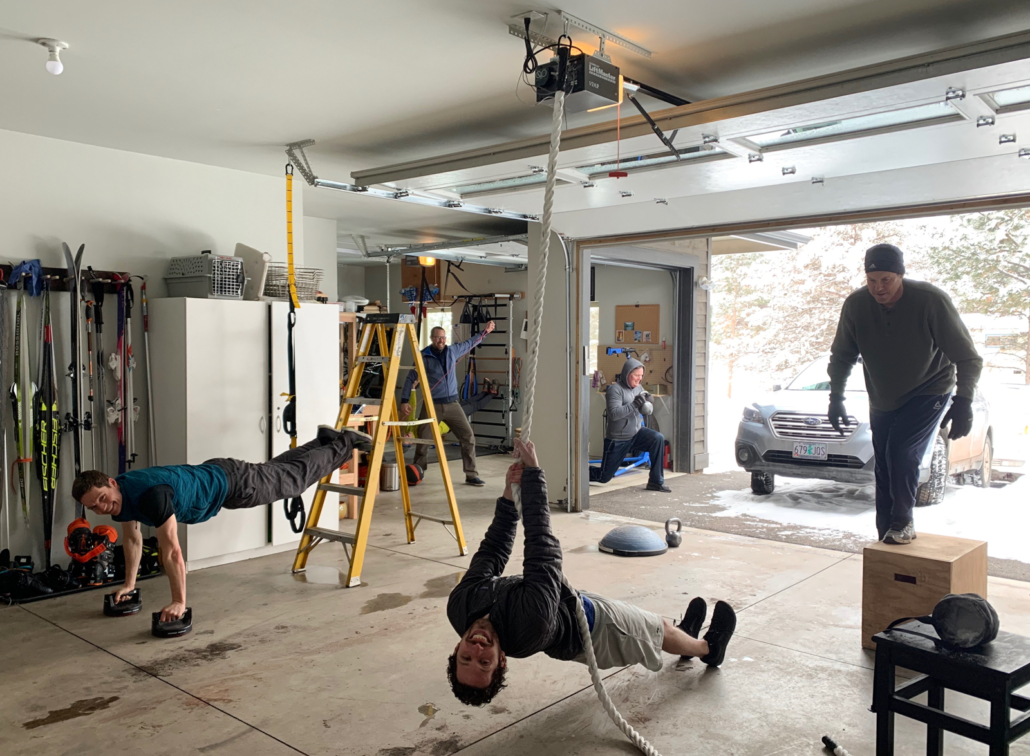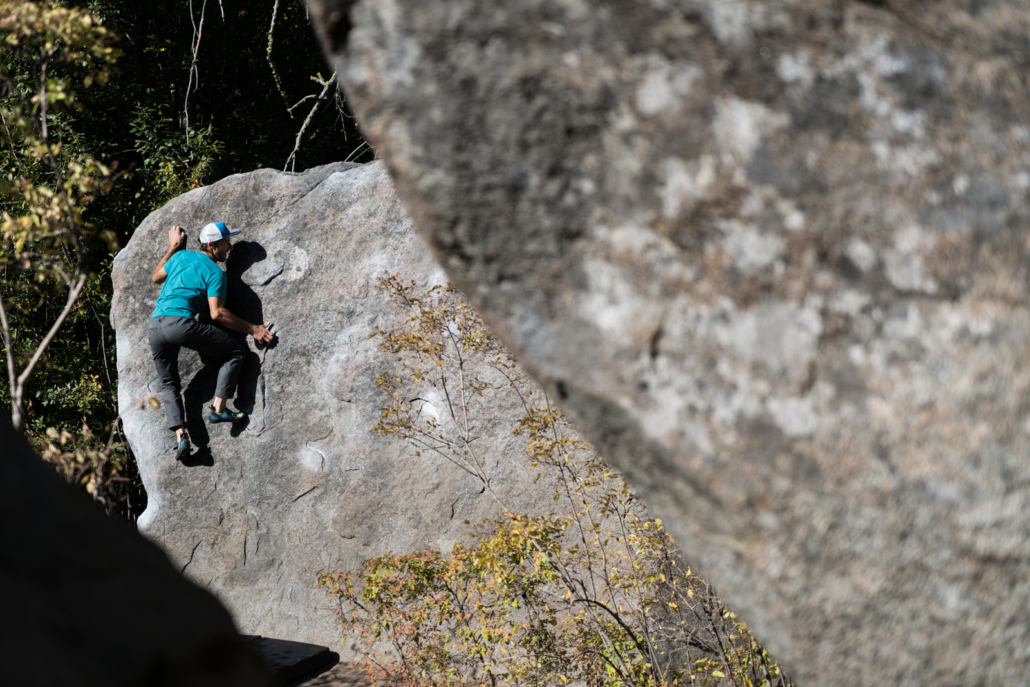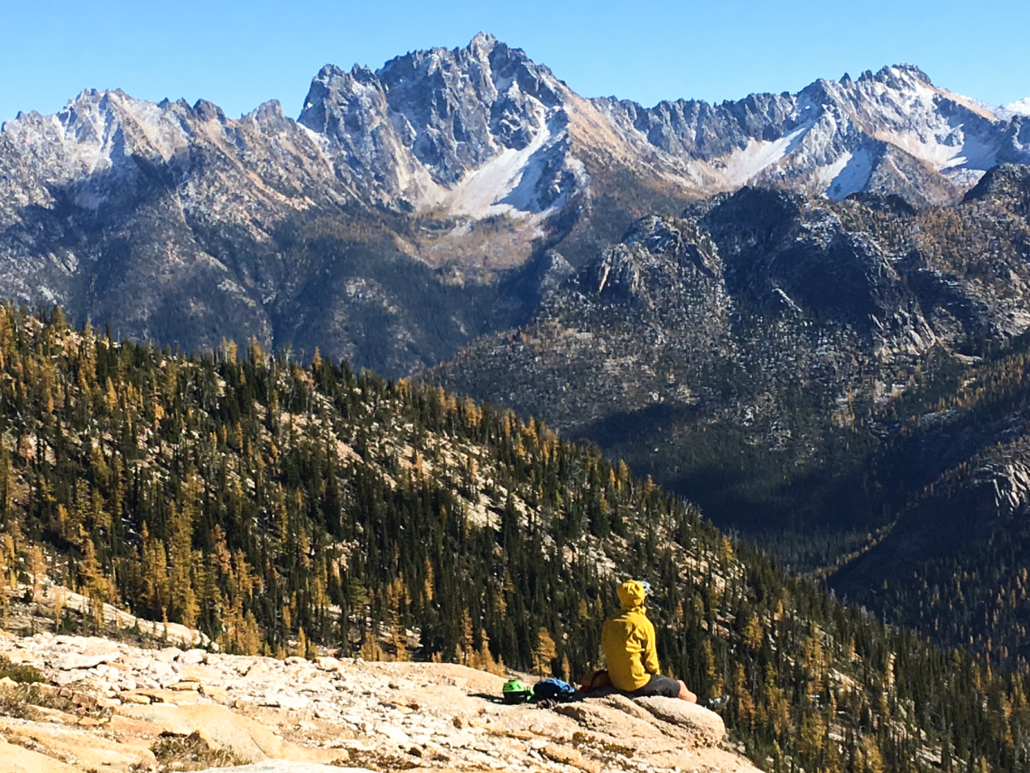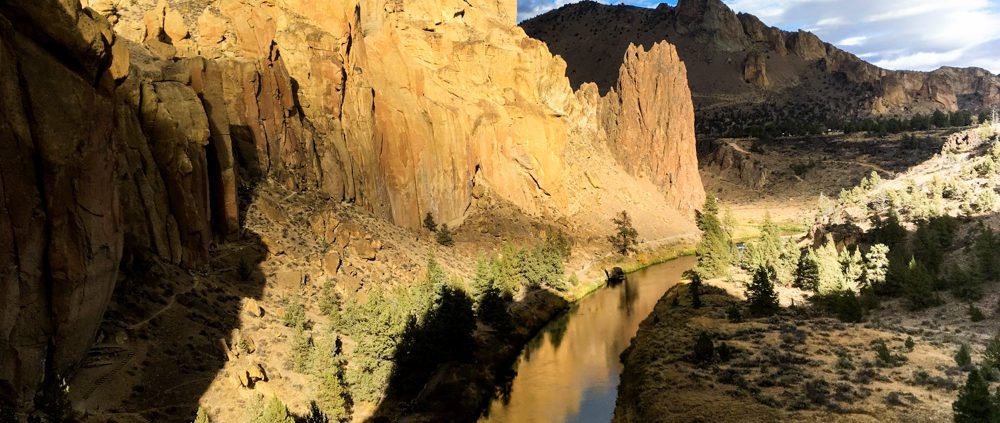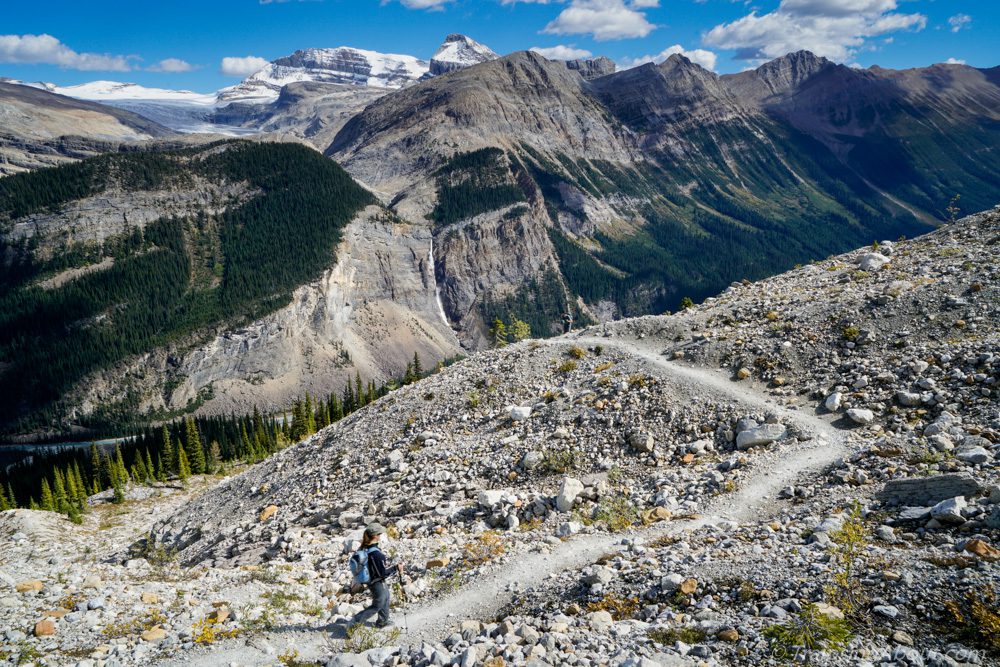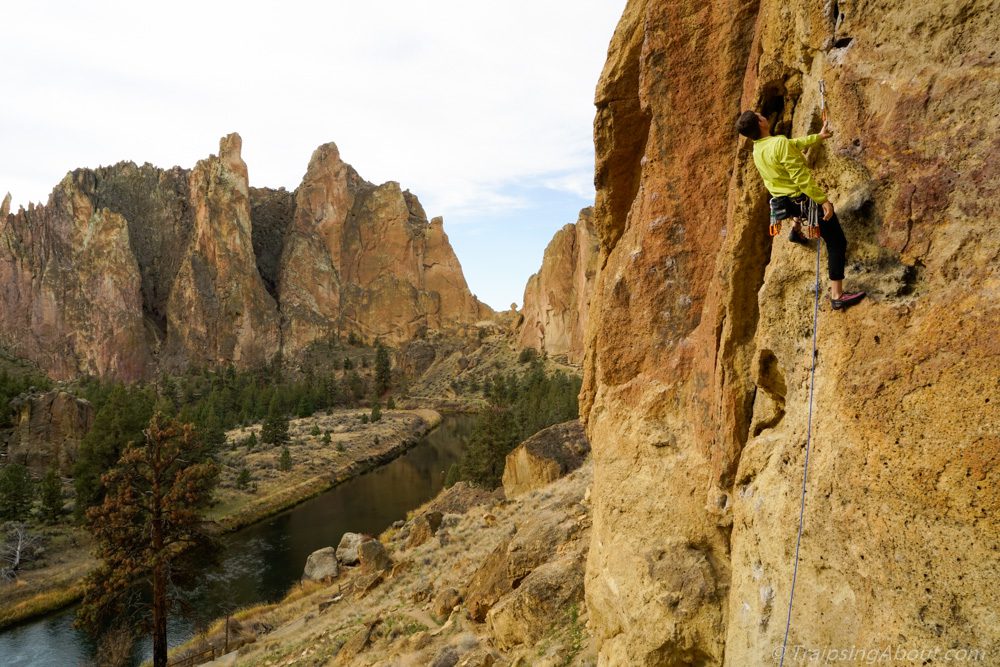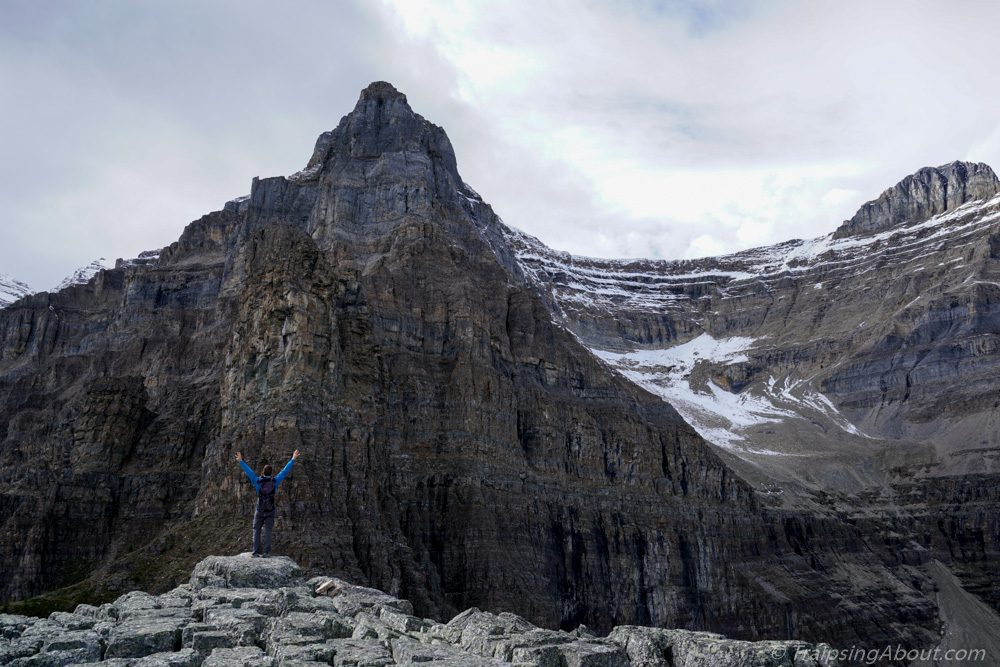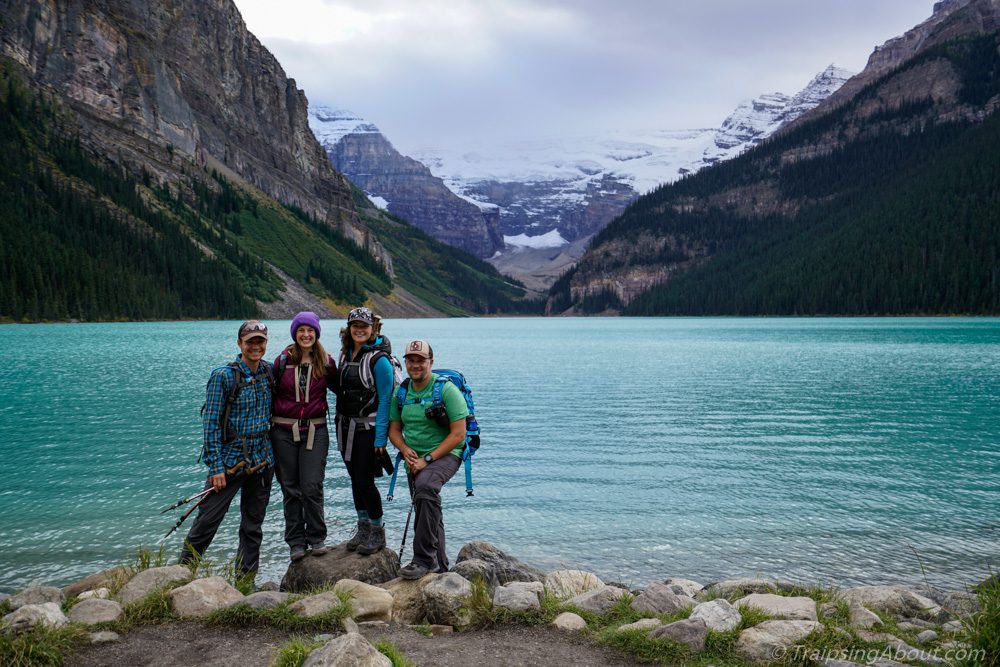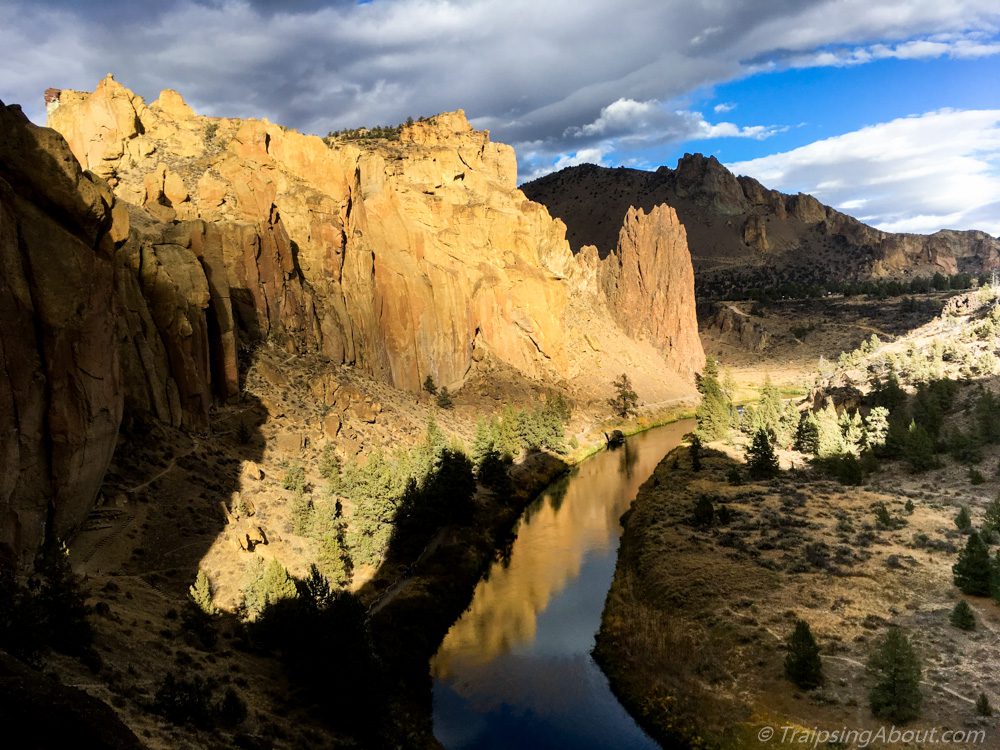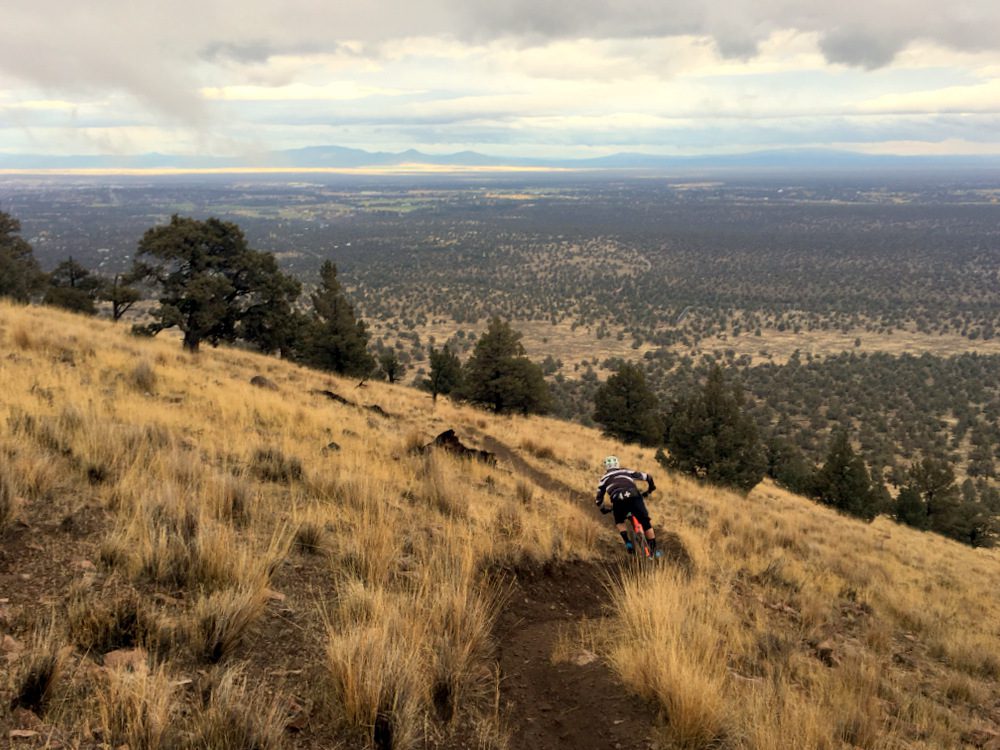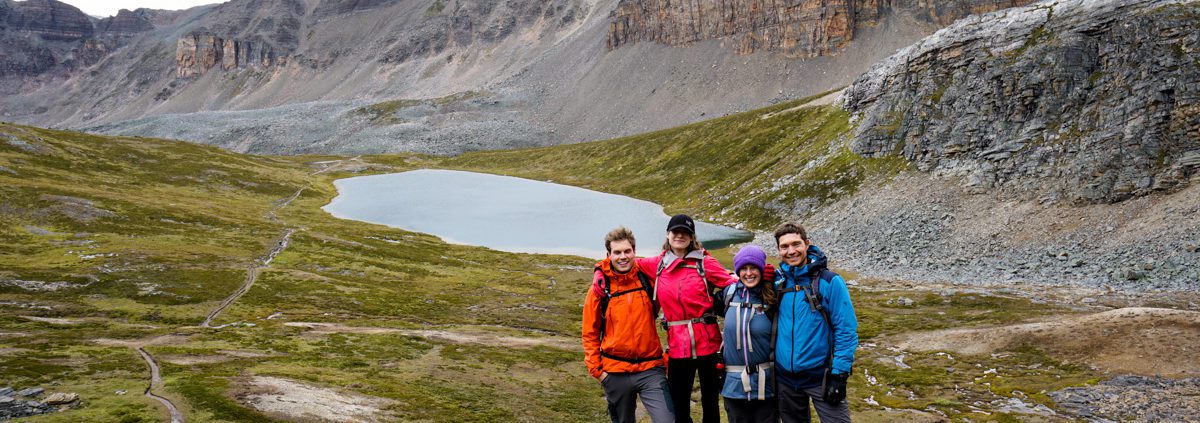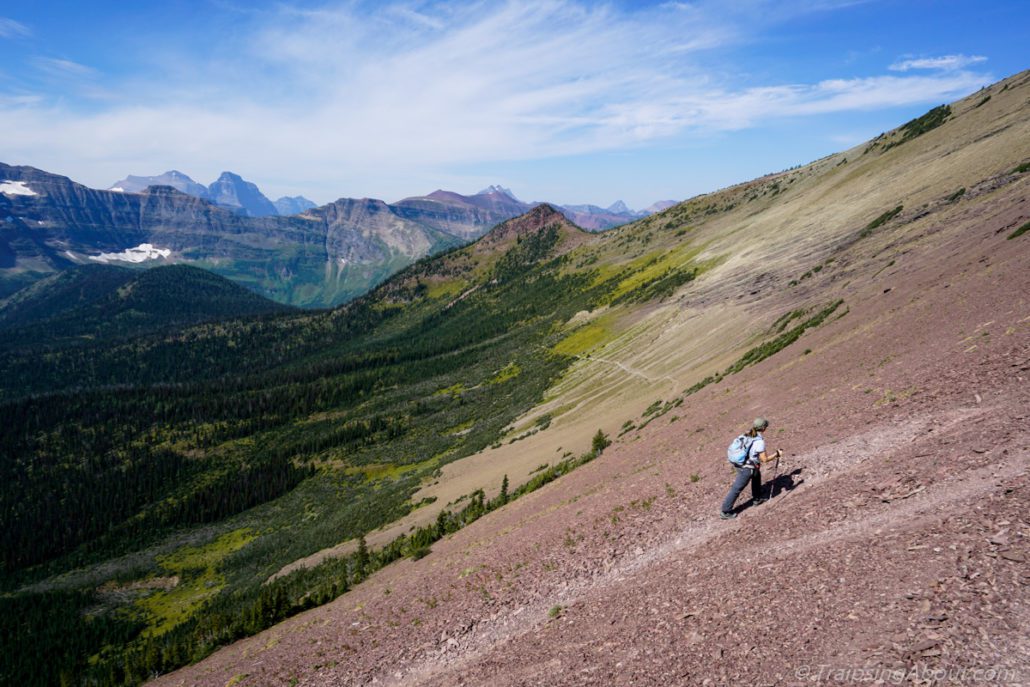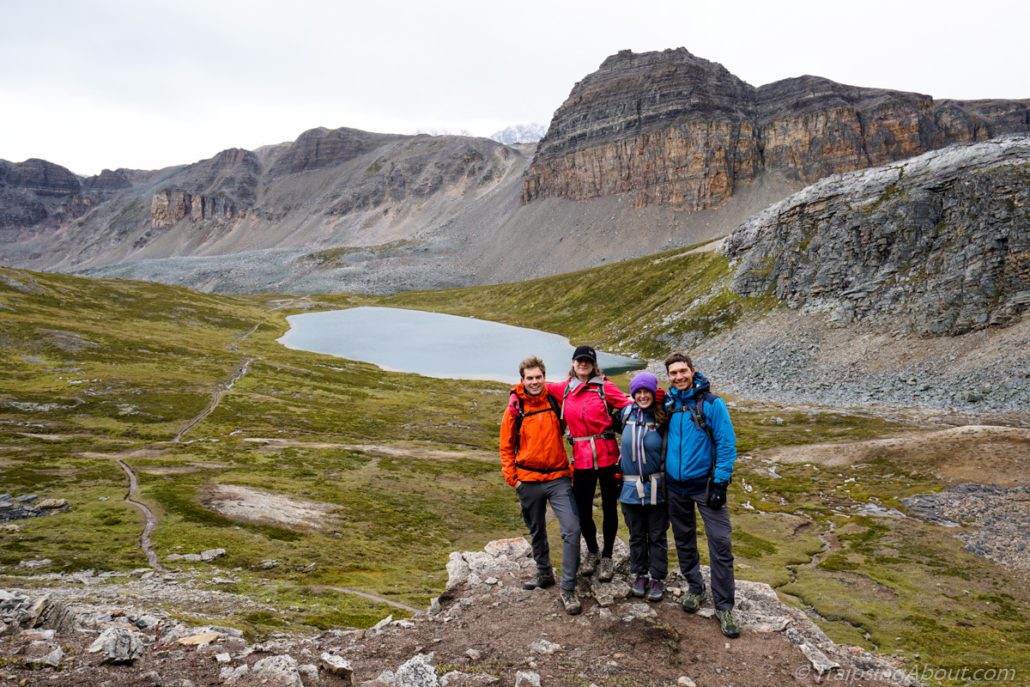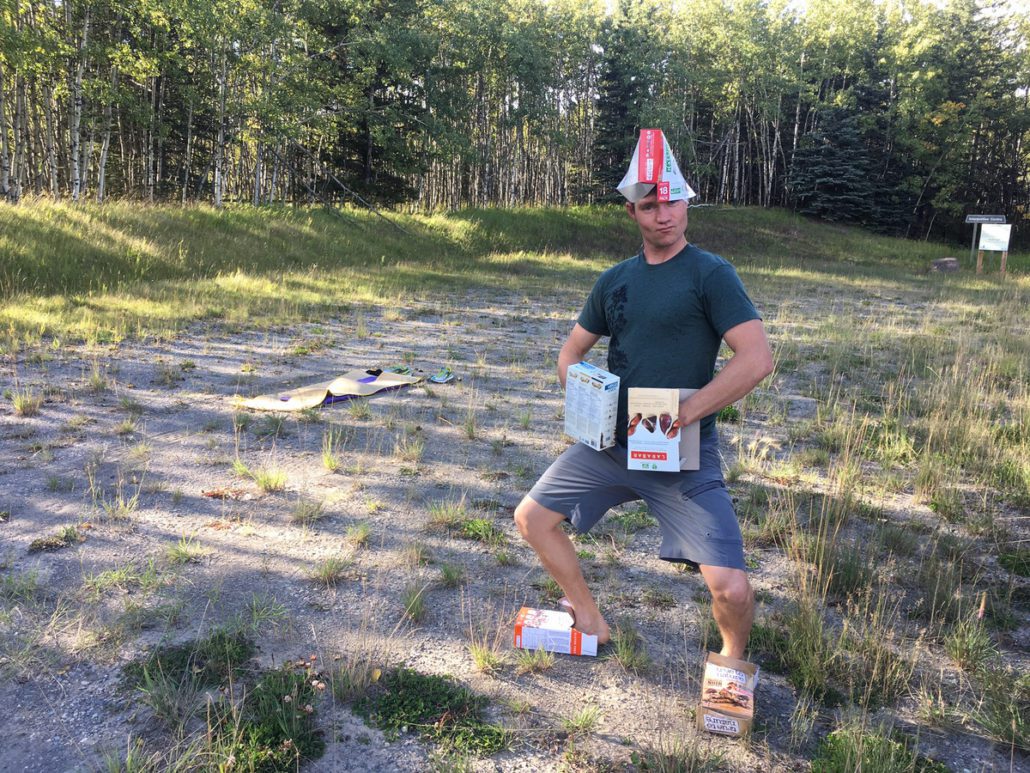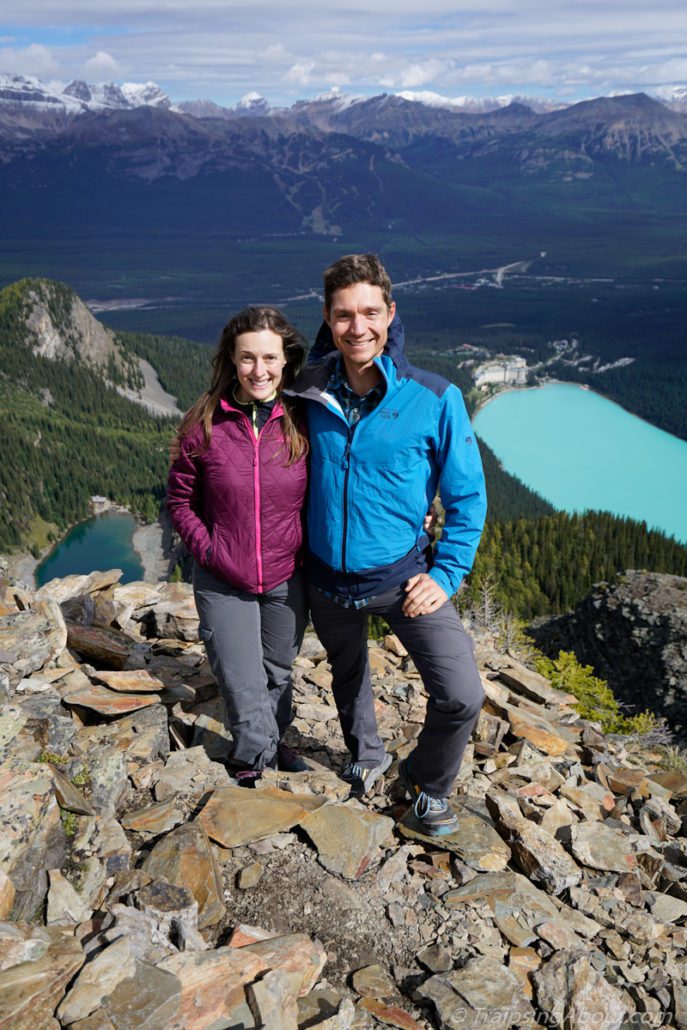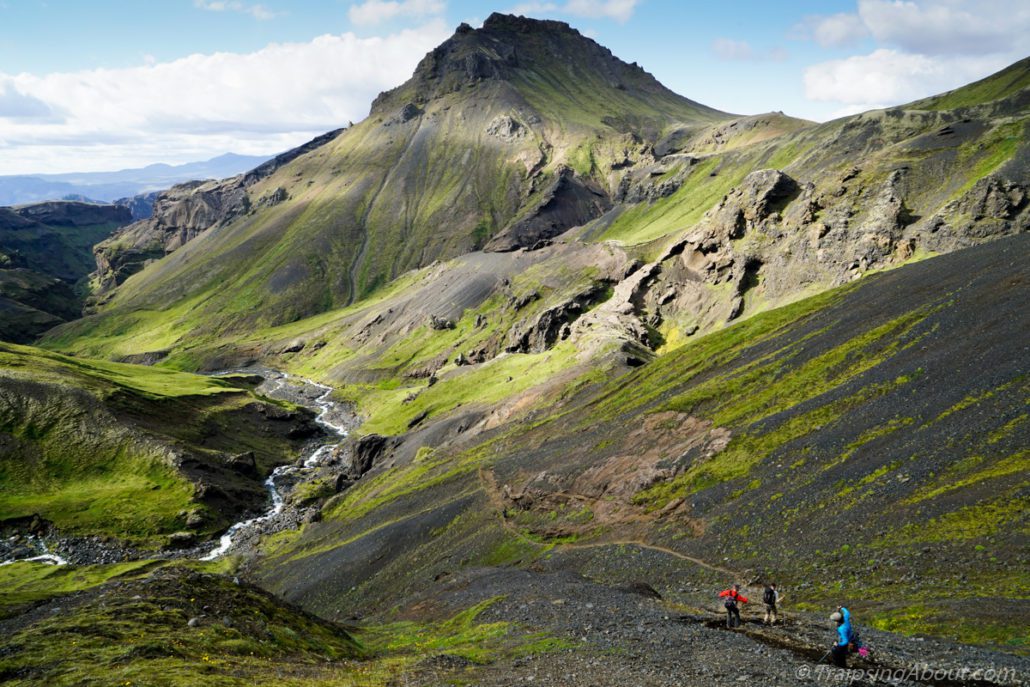Sayonara, Instagram: Why I Left Social Media
I remember the glee and rush of dopamine from my first hits of Instagram in 2012. People cared about what I shared! (And not only my biggest fan—hi, Mom.)
Beyond travel blogging I cranked out in 2005 during a world trip, Instagram was my first foray into sharing creative work with strangers. It encouraged me to put my own personal touch on a place, an experience, a vista. Filters, yeahhh.
Our three-year van trip coincided with the platform’s rocketing popularity, so although I was new to the ‘Gram and Chelsea wasn’t comfortable with the look-at-me approach, any photo with a van, a #vanlife and a pretty view yielded hundreds of likes. AND LOTS OF DOPAMINE.
On top of this like-induced rush telling me to love it, I also thrilled at the opportunity to meet driven, compelling people. The possibility of meeting intriguing people in-person initially hooked me.
And yes, hooked is absolutely the right word. Instagram felt irresistible. My good intentions to set boundaries with the app and post in the mornings and respond to comments (aka check likes) in the evenings spilled into, no, flooded, any free moments I had throughout the day.
Perhaps you know the compulsion to pull your phone out during any pause, or while wandering around the grocery store? (Chelsea calls me frozen when I stop mid-activity with my head buried in the phone.) What about pausing a conversation at a party ostensibly for a bathroom break, but really because you haven’t looked at your phone for an hour? Yup. I’ve done that. Sigh.
Coming Down
Gradually all these moments added up to significant screen time. When my iPhone time tracker started alerting me to an hour a day, sometimes a worrying 10+ a week, I started thinking of all the skills or knowledge I could have gained in those 500 hours a year instead. Learn piano? Speak another language? (I tried not to think about all the video games I played in my youth.)
Surely a path existed to deal with this like an adult? I experimented with digital minimalism and setting boundaries. App timers, deleting the app…all of it. I took three months off the ‘Gram one year, six months another. Like an addict, I kept coming back.
I also struggled with the ephemeral nature of Instagram. Google doesn’t index IG posts, so I was creating short, useless information relative to writing long-form blog posts. When I blog, some of my newsletter audience reads and shares what I’ve written. The true power is the cumulative build of people finding my site via search, where posts get ongoing traffic years later. Because of that, the time and effort I put into blog posts feels useful and far more satisfying. In comparison, writing Instagram posts felt like a blip; a #LOOKATME moment.
I want to be clear: I don’t think Instagram (or social media in general) is wrecking humanity. It features beautiful long-form work and astonishing photography. Social movements surface on it, people get discovered, businesses grow. Friendships blossom.
This is simply my reaction and experience, although I don’t seem to be alone in thinking this way. Popular self-development writer Steve Pavlina actually walked away from a large social media following with an explanation that resonated with me:
“The thought of investing another decade in those services made me cringe. I feel that these services were interesting to try, but I don’t expect that continuing to use them would be a serious growth experience for me.”
And if that’s not a good reason to leave, I don’t know what is. Do I want to be good at posting on Instagram or foster other skills?
By the way, dig these kinds of posts? Sign up for the free Traipsing About newsletter for posts like this, plus future outdoor adventures..that I won’t be posting about on Instagram.
Making the Cut
What it really boiled down to for me was asking myself WHY I used Instagram vs. what it was COSTING me.
If you think of what something is costing you vs. what you’re gaining from it, you might decide not to use one of the newest kitchen gadgets that are launched every 12 seconds and stick to stirring soup with a spoon. Or, in more general terms, you will not use a tool just because it’s new and everyone is talking about it. Whatever the example, a cost vs. gain analysis is illuminating. Here is mine for Instagram:
- Why I used Instagram
- Positive first: a creative outlet for my photographs, short videos and tidbits of writing. Inspiration. Entertainment. Opportunities to connect in-person with inspiring people (unrealized most of the time, whereas I’ve met and befriended many blog readers).
- Negative: Validation that I was doing something interesting or worthwhile. Easy to feel falsely productive creatively.
- The cost of Instagram
- Hundreds of hours consumed each year with no tangible skill development.
- Prioritizing “friends” with large followings over “normal” people.
- Distracted by my phone while around Chelsea, my family, friends.
- An out-of-control feeling. Those software engineers are smart AF and know how to keep us jacked in.
- Pulling creative time away from longer-form projects for quick, easy hits of dopamine.
- Loss of downtime for my brain to spin, dream, create new thoughts. Instagram, the great solitude killer.
- No control over the platform or its algorithm changes. When I blog, I own my work.
After this, the only argument standing could theoretically be that I could miss out on meeting captivating people if I left. Except there are so many other ways to do that. When we first moved to Bend, I played ping pong with and befriended the inventor of the Quik-Clamp systems that I use all the time for projects. That doesn’t happen via Instagram.
Similarly, I met my friend Martin outside a sustainability conference in Portland, bought him lunch, and he became a close friend. If I’d merely asked for his Instagram handle and then liked his photos for a few years, we’d likely still be acquaintances and he wouldn’t leave lasagne in my fridge when I return from a trip.
The way I look at it, there’s an opportunity cost for any time we spend connecting with people, no matter how we do it. The ultimate decision is whether we want to go wide but shallow, or reach fewer people and have a deeper connection with them. I used to go with option A and spread myself incredibly thin with friends, maintaining a dizzying communication load with social media in the mix. I “knew” a ton of people I’d likely never meet in person, at a cost to my personal time and deeper connection with people around me.
My experience with Instagram (and all social media) echoed what Sherry Turkle describes in Reclaiming Conversation: “Technology gives us the illusion of companionship without the demands of friendship.”
I’d rather encounter the demands of friendship than suffer something shallow (at best) or fake (at worst).
The Other Side
Pulling the plug wasn’t easy, but I left Instagram in fall of 2019. Then I stopped posting publicly on Strava, followed by leaving Facebook. No more social media for me. Tear off one Band-Aid and the others are easier to remove.
The result? Better connection with fewer people, of course. Also, more time for new hobbies. I learned how to play the piano and speak Italian. I’m dabbling with drawing. (It’s all mind-bending difficult, and yet so satisfying.) Even better, I’m spending time on things I care about without wondering what others will think. I do it for me, not for an audience. Sure, I blog about trips and share thoughts via my newsletter, but the intention and long-term usefulness feels different. It suits me.
Do I occasionally feel a pull to share a moment? Of course. However, leaving social media helped remind me that I already KNOW when a view is beautiful or a bike trip is badass. I don’t need a thumbs up or a heart icon to tell me that.
These days, I prefer dopamine hits from a sunset on a bike trip or by laughing uproariously with a friend over a dumb joke. For me, that’s #incredible.

